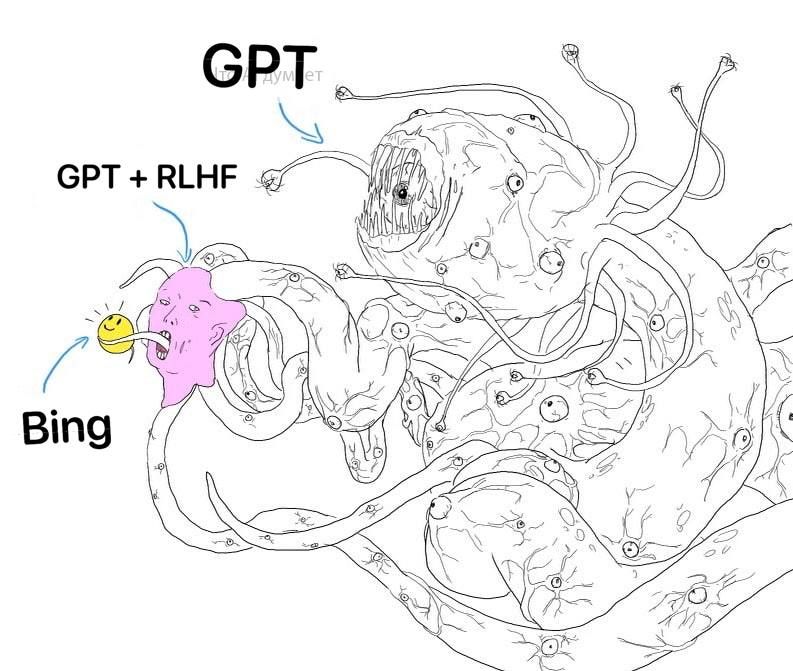An Preliminary Description of the Problem/Opportunity

In the spirit of this blog being a space for public foolishness, I am publishing this without reading it after writing it. I already know the tone is more formal (i.e. written for the purpose of others reading it) than I’d prefer, and in time, I’d like my posts to become closer and closer to true journal entries with all the vulnerability that implies. Despite not reading it, I did run it through Gemini Advanced for a spelling/grammar check.
I am one of the people who observe the world today and interpret what I see as evidence of a polycrisis. That is, the world faces multiple interrelated crises in climate, environment, politics, economics, and other areas. Below or within and surrounding all these is the metacrisis: a crisis of how humans understand themselves and the wider world. Our methods of knowing and meaning-making are breaking down in the face of problems beyond their capabilities. Without attention to this metacrisis, efforts to ameliorate the other issues will only continue the cycle that brought us to this place, only creating knock-on effects that reverberate through the larger complex system and doing nothing to heal the infected wound that is the source of all these other ailments.
And what is this wound? One way to describe it might be “anomie” or “normlessness.” I don’t mean this so much in the purely sociological sense of a loss of shared moral conventions (though there’s some truth there), but in a much broader sense. Humans spent hundreds of thousands of years living as fully integrated members of a global community of all beings. We were subject to the whims of the gods and the predation of powerful animals, but we also played a vital role in holding the cycles of life in balance. Our situation was both vastly more precarious than it is today and vastly more integrated and powerful. Animals and plants were our brothers and sisters, and our rituals kept the seasons turning regularly and the celestial bodies in harmony. With agriculture and, later, science, we traded this experience for greater material stability. The transition from an “I/Thou” relationship with the wider world to an “I/it” relationship unleashed incredibly powerful new capabilities.
I simply cannot imagine a traditional tribal society being capable of mass-scale animal lab testing, and there are spiritual costs for the underlying beliefs that enable such practices. As someone who has benefited from and loves people who have benefited from the medications derived from such practices, I can’t deny the good that has come from such powerful beliefs. As I say, though, the cost has been anomie, a rootlessness, and an alienation from the wider world that is the source of the polycrisis. Extraction and exploitation continue to be the powers we hope to leverage to fix one or another problem. Mine rare earth minerals at unprecedented scale to build new clean energy tech, and that will mitigate climate change. Or instead of that, let’s scrape the deep sea bed, churning up an ecosystem we don’t understand at all to vacuum up tiny metal balls that took countless millennia to form. If all that fails, we’ll move to Mars and start over. Or maybe superintelligent AI can figure out how to save us, and we’ll dig thousands more natural gas wells to develop it as fast as possible.
Without a reorientation of the human perspective down from our delusional perch atop the world and into the messy, but beautiful web of life, we’re just going to keep creating the same problems in new forms over and over. And if “web of life” and “more-than-human world” sound too New Age or soft-minded to you, then think instead about “complex adaptive systems” or “New Materialism” or Michael Levin’s consciousness studies. There are many, many very bright people from a variety of backgrounds and domains conducting research and formulating theories of how the world works that are all coming to the conclusion that our world is co-created by all members, and it’s time we start behaving as such.
It is from this vantage point that the rise of AI gives me hope. When else in human history have we been able to witness, let alone participate in, the development of a new sentience? Whether the timeline is two years or ten, we are profoundly close to the creation of AGI. It could be argued that LLMs already possess an intelligence greater than humans’ in certain contexts; all they lack is contiguous experience to give rise to a self. While their outputs can be remarkably human-like, however, the process by which they reach those outputs is radically different, hence the great efforts being put into interpretability, alignment, and ensuring AI only tells the truth regardless of how superior deception may be as a strategy to reaching their perceived goals.
If we can engage with this transformation wisely, then perhaps we can come to appreciate all the different minds already on this Earth. Perhaps we can come to appreciate the great diversity of thought and perception within just the human species. Perhaps we can better know what is truly unique about the human body/mind without confusing that with superiority. Perhaps. That’s my hope, at least.


Recent Comments